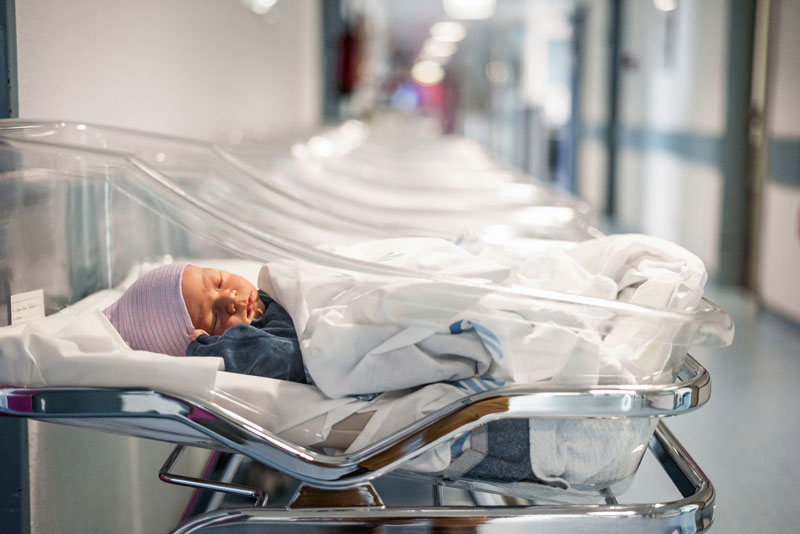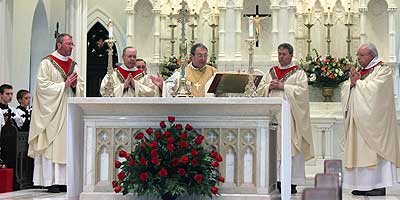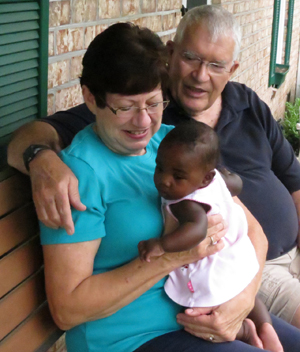
Late term abortion, like any procured abortion, is an outrage, not a right.
History reveals that it was not until the early modern period that people began to talk about human or civil rights. The Magna Carta is sometimes cited as the first declaration of human rights, but, surprisingly enough, it doesn’t use that language. Instead, it talks about certain limits on the power of rulers and liberties which are to be protected. Article 39 of the Great Charter says, “No freemen shall be taken or imprisoned or disseised [have his land seized] or exiled or in any way destroyed … except by the lawful judgment of his peers or by the law of the land.”
Almost simultaneously, in the mid-13th century, we see St. Thomas Aquinas speaking of how we live in society. The focus is not on “rights” but on what IS right. When he develops his articles on the cardinal virtue of justice in the Summa Theologica, Thomas speaks at length of duties and obligations. He is concerned with what human beings rightfully owe God and others.
Legitimate authorities have their roles, and their authority is owed obedience unless they command something sinful. Then the citizen is obliged to resist, even at the risk of martyrdom. Mutual relations are protected by distributive justice and commutative justice: the way in which the goods of creation and human goods are rightfully shared or distributed, and the way in which things are exchanged. Thomas conceded that civil rulers cannot make every sin punishable by law, but the natural law and the law of God require certain basic protections. First among them was — as it still is — life itself.
Centuries later, when philosophers and revolutionaries began enumerating natural rights, we know that “life, liberty, and property” were mentioned (John Locke) or “life, liberty, and the pursuit of happiness” (Thomas Jefferson). Those who grew up in the tradition of Anglo political philosophy and law ascribed to barbarians customs like leaving infants born with physical defects out to freeze to death in arctic woods or abandoning dying elders to hyenas in jungles because of tribal taboos against the presence of death in the village or camp. Such practices were considered uncivilized — the actions of unenlightened primitives.
And now we, once a Christian nation, persist in legislating priority “rights” to those who would prefer to end pregnancies at any stage and by torturous means. Medical science has advanced, and we know with certainty that the genetic makeup of a human being is present at the first moment of conception, and responses to the music of Mozart and physical touch come early in the womb. The authors of the Magna Carta and St. Thomas himself could never have envisioned that supposedly civilized people would find the judgment of peers, the law of the land, and the sensibilities of those who govern turning so abruptly as they have. There is a sickness deep in our society. Prayer and protest must continue. We owe that to God, to the common good, and to life.
Sister Pamela Smith, SSCM, is the Secretary for Education and Faith Formation at the Diocese of Charleston. Email her at psmith@charlestondiocese.org.




